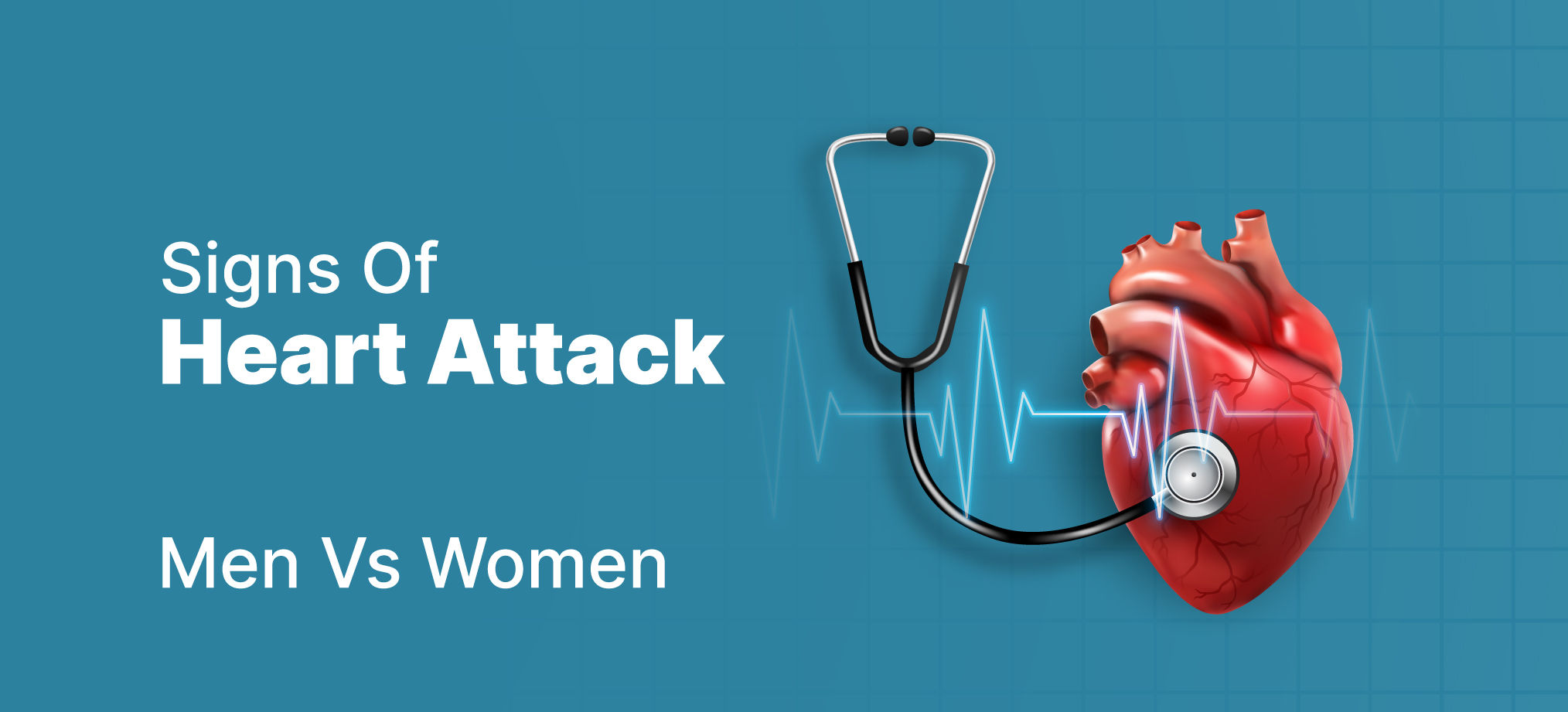Heart Conditions
Hypertension Causes and Risks: Your Guide to Prevention
5 min read
By Apollo 24|7,Reviewed by Dr. Divya Chandrasekharan, Verified by Dr. Srividya Kalavagunta, Published on - 12 August 2024
Share this article
0
0 like
.jpg?tr=q-80)
Hypertension, or high blood pressure, is when the blood exerts excessive force against the artery walls, posing serious health risks. Due to high blood pressure, there is increased pressure on the heart and other organs while functioning, potentially leading to heart attacks, strokes, and kidney failure. Additionally, it can damage blood vessels, eyes, and the brain. Today, we will explore everything related to hypertension: what it is, its symptoms, causes and risk factors, and prevention strategies.
Understanding Hypertension and its Causes
Hypertension is of two types. Primary hypertension, also called essential hypertension, is the most common type of high blood pressure. It develops gradually over many years. It occurs without a single identifiable cause but is influenced by various factors like:
- Genetics
A family history of high blood pressure increases your likelihood of developing it. - Diet
When you have Too much salt in your diet
Not consuming enough fruit and vegetables is a significant risk factor. - Obesity
Being overweight can cause changes in the blood vessels, kidneys, and other body parts, which often increase blood pressure. - Lack of physical workout
A sedentary lifestyle can increase the weight and the chance of hypertension. - Lifestyle
Stress, smoking, and drinking too much alcohol can also elevate your blood pressure.
Secondary hypertension occurs due to underlying conditions. It appears suddenly and causes higher blood pressure than primary hypertension. Conditions that can cause secondary hypertension include:
- Kidney disease
In people with kidney disease, the kidneys can't properly remove sodium, causing the body to retain sodium and water. This increases blood volume and raises blood pressure.
Symptoms can include feeling tired, swelling in the ankles, feet, or hands, shortness of breath, and blood in the urine. - Diabetes
When someone has type 2 diabetes, the body becomes insulin resistant, leading to higher blood sugar levels. This leads to the narrowing of blood vessels, increasing blood pressure.
High blood sugar levels can also damage the walls of the blood vessels over time, making them less elastic. This damage can increase blood pressure as the vessels become more resistant to blood flow. - Obstructive sleep apnea
Obstructive sleep apnea is when your breathing repeatedly stops and starts during sleep because the throat muscles relax too much and block the airway.
This can cause loud snoring, choking sounds, and disrupted sleep. It often leads to feeling very tired during the day and can affect your overall health.
Other Causes of Hypertension
- Thyroid problems
In hypothyroidism, reduced thyroid hormones lead to increased pressure that is required to push blood through the heart, which increases blood pressure.
In hyperthyroidism, increased thyroid hormones increase heart rate and blood pressure. - Pheochromocytoma
Increased levels of adrenaline and noradrenaline cause blood vessels to narrow and heart rate to increase, leading to high blood pressure.
Symptoms may include headache, increased sweating, and palpitations. - Cushing’s syndrome
Increased cortisol levels can cause narrowing of blood vessels and increase blood pressure. - Medicines
Medicines that can cause secondary hypertension are contraceptive pills, steroids, and non-steroidal anti-inflammatory drugs (NSAIDs) – such as ibuprofen, aspirin, and naproxen.
Some herbal remedies and recreational drugs like cocaine and amphetamines can also cause hypertension.
Risk factors for Hypertension and Preventive Measures
Some risk factors can be changed, while others cannot. Let's look at the modifiable risk factors first.
- Unhealthy diet: A diet that is too high in sodium and too low in potassium puts you at risk for high blood pressure. Most of the sodium we eat comes from processed and restaurant foods. Reduce salt intake and eat a balanced diet of fruits, vegetables, and whole grains.
- Obesity: Obesity is having excess body fat. Obesity or being overweight also means your heart must work harder to pump blood and oxygen around your body. Over time, this can add stress to your heart and blood vessels. Obesity is linked to higher bad cholesterol and triglyceride levels and to lower good cholesterol levels.
- Physical inactivity: Physical inactivity leads to weight gain, a risk factor for high blood pressure. Regular physical activity helps your heart and blood vessels stay strong and healthy, which may lower blood pressure.
- Stress management: High stress levels can lead to a temporary increase in blood pressure. Techniques such as yoga or meditation can help control stress-induced blood pressure rises.
- Alcohol and smoking: Drinking too much alcohol can raise your blood pressure. Smoking can damage the heart and blood vessels. Nicotine raises blood pressure, and breathing in carbon monoxide, which is produced from smoking tobacco, reduces the amount of oxygen that your blood can carry. Limit or avoid these to keep your blood pressure in check.
Some hypertension risk factors cannot be changed (non-modifiable risk factors) and include:
- Age: Risk increases as you age.
- Biological sex: Until age 64, men are more likely than women to get high blood pressure. At 65 and older, women are more likely to get high blood pressure.
- Genetics: You're more likely to develop high blood pressure if you have a parent or sibling with the condition.
Conclusion
Hypertension, or high blood pressure, is a silent but serious condition that demands our attention and action. We can proactively manage and prevent it by understanding its types, causes, and risk factors. Following a healthy lifestyle rich in balanced nutrition, regular exercise, and mindful habits can be our strongest defence against this hidden enemy.
Remember, your heart and arteries are like a high-performance car's engine and fuel lines—keep them well-maintained, and they’ll drive you smoothly through life’s journey. Regular check-ups and staying informed can help keep your blood pressure in check, ensuring your life's pace remains steady and strong.
To combat hypertension, combine regular doctor visits with a healthy lifestyle. Specialists like cardiologists are essential in effectively guiding patients through the complexities of managing high blood pressure. Apollo 24|7 offers comprehensive lab tests and consultations with top doctors, making it simpler for patients to explore self-diagnosis or seek treatment adjustments to manage their hypertension effectively.
Services
Heart Conditions
Consult Top Cardiologists
View AllLeave Comment
Services
Recommended for you
.jpg?tr=q-80)
Heart Conditions
Signs and symptoms for Coronary Artery Disease

Heart Conditions
Can High BP in Middle Age Cause Brain Damage Later?
A new study has stated that having high blood pressure in the 40s and 50s can lead to significant damage to brain tissue in later life.

Heart Conditions
Do You Know Men & Women Display Different Symptoms To These 6 Cardiovascular Diseases?
This article highlights the common symptoms of six heart diseases in men and women. According to various reports, the most common symptoms in each of these conditions may vary between men and women over time.
Subscribe
Sign up for our free Health Library Daily Newsletter
Get doctor-approved health tips, news, and more.
Visual Stories

World Heart Day 2021: Take charge of your health
Tap to continue exploring
Recommended for you
.jpg?tr=q-80)
Heart Conditions
Signs and symptoms for Coronary Artery Disease

Heart Conditions
Can High BP in Middle Age Cause Brain Damage Later?
A new study has stated that having high blood pressure in the 40s and 50s can lead to significant damage to brain tissue in later life.

Heart Conditions
Do You Know Men & Women Display Different Symptoms To These 6 Cardiovascular Diseases?
This article highlights the common symptoms of six heart diseases in men and women. According to various reports, the most common symptoms in each of these conditions may vary between men and women over time.


